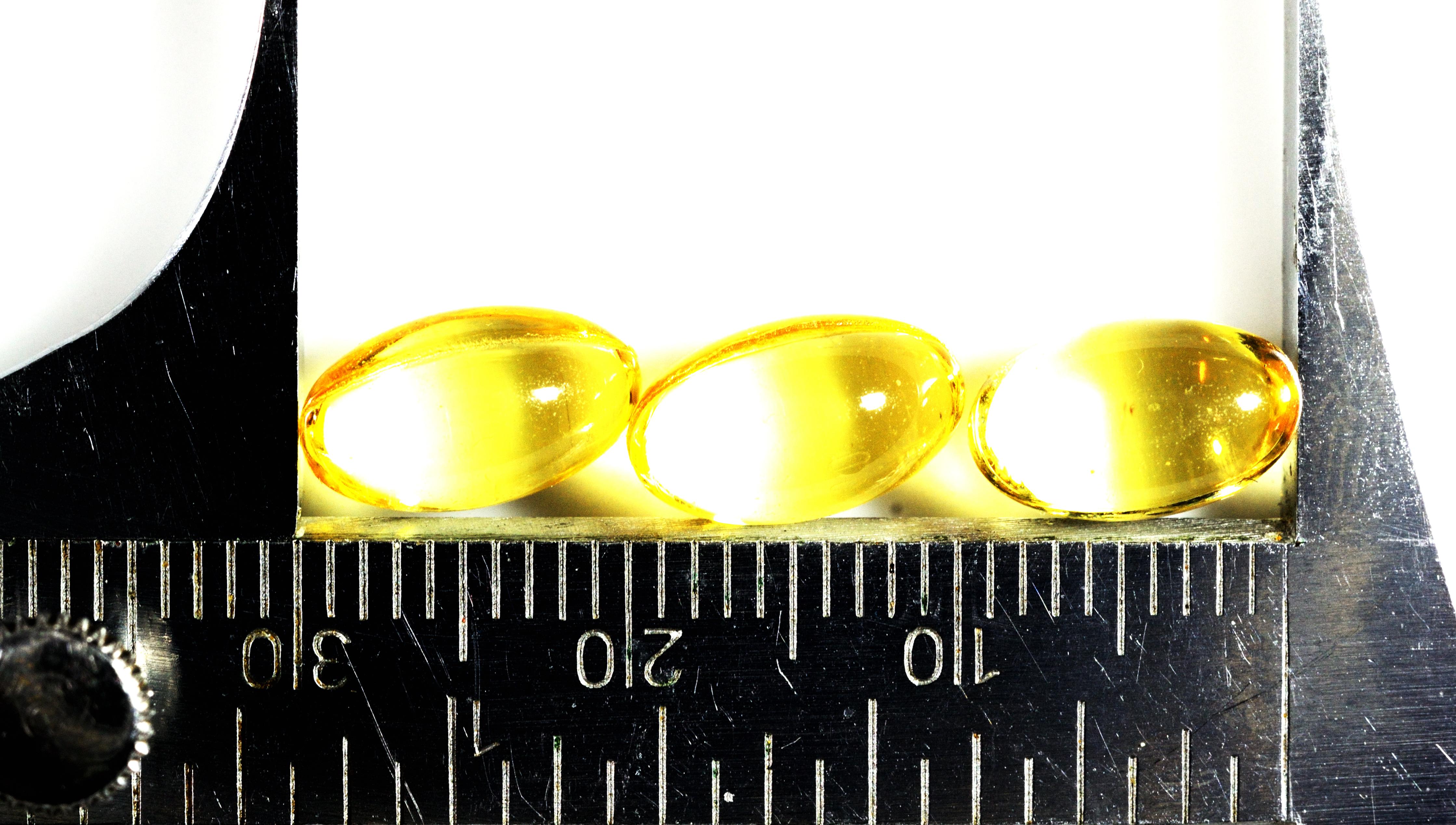In today’s health-conscious world, understanding the nuances of vitamins and their impact on our well-being is more crucial than ever. Among the essential nutrients, vitamin D stands out for its vital role in maintaining bone health, supporting immune function, and enhancing mood. However, the distinction between its two primary forms—vitamin D3 and vitamin D2—often leads to confusion. Are they interchangeable, or does one offer superior benefits over the other? This article aims to demystify these two forms of vitamin D, providing you with clear, empathetic guidance to help you make informed choices for your health. Whether you’re navigating supplement options or seeking to optimize your dietary intake, understanding the differences between vitamin D3 and D2 is a step towards achieving your wellness goals. Let’s explore these differences together, ensuring you have the knowledge to support your body’s unique needs.
Understanding the Basics of Vitamin D: D3 and D2 Explained
When delving into the world of vitamin D, it’s crucial to understand the differences between its two main forms: D3 and D2. Both are vital for maintaining bone health and supporting the immune system, yet they differ in origin, effectiveness, and availability.
- Vitamin D3 (Cholecalciferol): Naturally found in animal products such as fish oil, liver, and egg yolks. It’s also synthesized in the skin upon exposure to sunlight. Studies suggest that D3 is more effective at raising and maintaining overall vitamin D levels in the bloodstream.
- Vitamin D2 (Ergocalciferol): Derived from plant sources like mushrooms and yeast, often used in fortified foods and supplements. While beneficial, it may not be as potent as D3 in maintaining vitamin D levels over the long term.
| Aspect | Vitamin D3 | Vitamin D2 |
|---|---|---|
| Source | Animal-based, Sunlight | Plant-based, Fortified Foods |
| Potency | Higher | Lower |
| Common Uses | Supplements, Natural Synthesis | Supplements, Food Fortification |
Understanding these differences can help you make informed choices about your vitamin D intake, ensuring you reap the maximum benefits for your health and well-being. Whether through diet, supplements, or sunlight, finding the right balance of these essential nutrients is key to maintaining a healthy lifestyle.

Exploring the Health Benefits: How D3 and D2 Impact Your Well-being
Understanding how Vitamin D3 and D2 influence your well-being can empower you to make informed choices about your health. Both forms of Vitamin D play crucial roles in maintaining optimal health, but they function slightly differently in the body. Here’s how:
- Bone Health: Vitamin D3, often derived from animal sources, is more effective at raising and maintaining vitamin D levels, which is vital for calcium absorption and bone strength. Meanwhile, Vitamin D2, sourced from plants, can also support bone health but may not be as potent.
- Immune System: Both D3 and D2 contribute to a robust immune system. However, D3 is more readily utilized by the body, making it a preferred choice for boosting immunity.
- Mood Regulation: Regular intake of Vitamin D, particularly D3, is associated with improved mood and mental well-being, potentially reducing the risk of depression.
| Aspect | Vitamin D3 | Vitamin D2 |
|---|---|---|
| Source | Animal-based | Plant-based |
| Effectiveness | Higher absorption | Lower absorption |
| Common Uses | Supplements, fortified foods | Vegetarian supplements, fortified foods |
While both forms of Vitamin D offer health benefits, understanding their differences helps tailor your intake to meet your specific health needs. Whether you choose D3 for its superior absorption or D2 for its plant-based origin, ensuring adequate vitamin D levels is key to sustaining a healthy lifestyle.

Choosing the Right Supplement: Personalized Guidance for Your Needs
When it comes to choosing between Vitamin D3 and Vitamin D2, understanding their differences is crucial for making an informed decision that aligns with your health goals. Both forms of Vitamin D play essential roles in maintaining bone health, supporting the immune system, and enhancing mood, but they differ in several key ways.
- Source: Vitamin D3 is typically derived from animal sources such as fish liver oils and egg yolks, while Vitamin D2 is sourced from plant-based options like mushrooms exposed to sunlight.
- Absorption: Research suggests that Vitamin D3 is more effectively absorbed and utilized by the body compared to Vitamin D2, potentially making it a more efficient choice for increasing overall Vitamin D levels.
- Longevity: Vitamin D3 tends to stay in the bloodstream longer than Vitamin D2, offering a more sustained benefit over time.
Consider the following comparison table to help guide your choice:
| Factor | Vitamin D3 | Vitamin D2 |
|---|---|---|
| Source | Animal-based | Plant-based |
| Absorption Rate | Higher | Lower |
| Duration in Body | Longer | Shorter |
Ultimately, the choice between Vitamin D3 and D2 should consider personal dietary preferences, ethical considerations, and specific health needs. Consulting with a healthcare provider can provide personalized advice to ensure you are meeting your Vitamin D requirements effectively.

Incorporating Vitamin D into Your Lifestyle: Practical Tips for Optimal Health
Embracing the sunshine vitamin in your daily routine can be a game-changer for your health, but understanding the differences between vitamin D3 and D2 is crucial. Vitamin D3, or cholecalciferol, is the form your body naturally produces when exposed to sunlight. It’s known for its superior absorption rate, making it the preferred choice for most people looking to boost their vitamin D levels. On the other hand, Vitamin D2, or ergocalciferol, is derived from plant sources and fungi. While it’s still beneficial, it may not be as effective in raising blood levels of the vitamin.
- Vitamin D3: Found in animal-based foods such as fish oil, fatty fish, liver, and egg yolks.
- Vitamin D2: Commonly found in fortified foods and plant-based sources like mushrooms exposed to UV light.
| Property | Vitamin D3 | Vitamin D2 |
|---|---|---|
| Source | Animal-based | Plant-based |
| Absorption | Higher | Lower |
| Stability | More stable | Less stable |
To effectively incorporate vitamin D into your lifestyle, aim for a mix of sun exposure, diet, and supplements if necessary. Prioritize foods rich in vitamin D3 for better absorption and consider fortified options if you follow a plant-based diet. Remember, a simple walk in the sun can also significantly contribute to your vitamin D intake, providing a natural and enjoyable way to enhance your health.








































